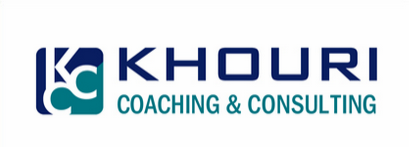Motivation
What makes our team members want to pursue their  goals? When are they really motivated to achieve them, and when do they seem to be going along because it is required to do so? There are three needs that must be fulfilled for individuals to want to pursue their goals -- competence, connected, and autonomy.
goals? When are they really motivated to achieve them, and when do they seem to be going along because it is required to do so? There are three needs that must be fulfilled for individuals to want to pursue their goals -- competence, connected, and autonomy.
Competence. We need to feel that we are good at what we are doing, and that we are adding value to a greater cause. This is why it is so important to reward our team members in some way, acknowledge their contribution, and provide specifics on what they are doing well. It is also critical to ensure that they understand what they are doing is tied to the organization mission.
Connected. We need to feel connected to others, to care for others, and to have others care for us. When working with technology teams, there is value in making sure this exists in some way through team building events, and social events. When the members of the team are confident their teammates care about quality and care about the others, they are more likely to work toward the goals.
Autonomy. Our technology team members want to feel that they have some choice in what they are doing. The days of dictatorial leadership are long gone. The complexity of our work requires technology leaders to engage their teams in determining their own goals that align with the organizational goals.
When these three needs are met, our team members (and technology leaders themselves for that matter) will be more committed to working towards, and achieving the goal.
There are two types of motivation -- intrinsic and extrinsic. Intrinsic motivation happens when we are interested in the activity, and we would do it independent of external factors. Extrinsic motivation happens when we perform an activity because of some external driver like money or punishment.
Studies have shown that intrinsic need satisfaction on the job will predict both performance ratings and psychological well-being of employees. Those managers that support autonomy will facilitate satisfaction of all three intrinsic needs.
When job satisfaction results from attainment of basic need satisfaction, it results in effective performance but when satisfaction results from attainment of desired outcomes that do not satisfy the basic needs, there is not effective performance.
Don's Coaching Questions
- What is motivating your team members to perform effectively?
- What is motiving you?
- What steps can you take to validate your answers to the last 2 questions?
Source: Deci, E.L., & Ryan, R.M. (2000). The "what" and "why" of goal pursuits: Human needs and the self-determination of behavior. Psychological Inquiry, 11 (4), 227-268


